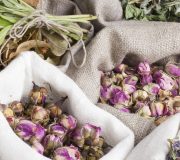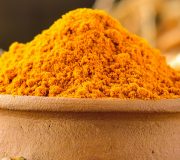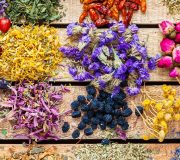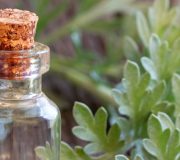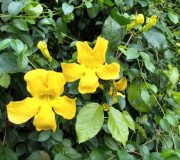About this Episode
A Day in the Life of a Practicing Herbalist
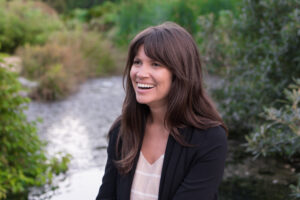
Medicinal Herbs podcast guest Marisa Marciano, ND, RH
In this episode of the Medicinal Herbs podcast, host Daina Parent, ND, chats with first-time guest Marisa Marciano, ND, RH, about her experience as both naturopathic doctor and Registered Herbalist, including scope of practice, qualifications, education, and training.
What is an “Herbalist”?
Herbalists are dedicated to working with medicinal plants, and they draw from various traditions and teachings. They may come from different backgrounds, including science, clinical, and various indigenous healing philosophies.
What Are the Differences Between a Homeopath, Naturopath, and Herbalist?
Understanding scope of practice is key to distinguishing properly between homeopaths, naturopathic doctors, and herbalists (00:53). Each type of practitioner may utilize different tools and have different skill sets, though the incorporation of medicinal herbs can be one component they share. Note: there is an important difference between a “traditional naturopath” and a naturopathic doctor. Learn more here.
- Homeopathy is its own distinct medical system that uses diluted homeopathic preparations, some of which are made from plants (but not all). A homeopath will mainly use homeopathic preparations in their clinical practice.
- Naturopathic Doctors are medically licensed by jurisdiction throughout Canada and the United States. They are trained in the use of both homeopathy and herbal medicine and may use both (or neither) in their clinical practice alongside a variety of other treatment modalities.
- Herbalists are generally dedicated to working solely with medicinal plants in their clinical practice.
What Qualifications Do You Need to be an Herbalist?
There is currently no federally regulated licensing or certification for herbalists in the United States or Canada (03:23). For better or for worse, anyone can call themselves an herbalist, and there is no law against anyone having the right to dispense or recommend herbs. However, if you are calling yourself an herbalist, you can’t be practicing medicine with a license.
Herbal Medicine Training Opportunities
Herbalists can complete various types of online and in person trainings, apprenticeships, and supervised clinical practice and coursework within accredited naturopathic universities and other post-secondary institutions. WholisticMatters.com offers a free, online 10-module course on the “Foundations of Herbal Support,” (taught by Dr. Marciano).
“Registered Herbalist” (RH) is a designation offered by the American Herbalist Guild “as a way for herbalists to demonstrate a core level of knowledge and experience in herbal practice that establishes a meaningful standard of competency for themselves, their communities, and other health professionals and institutions.” To receive this designation, herbalists with a certain level of herbal education and clinical experience must go through an extensive peer review and application process (06:39).
What Do Herbalists Do?
A typical day for an herbalist may include seeing patients, though not every herbalist will necessarily have a clinical practice (18:57). Marisa meets with patients for in-person and virtual appointments, emphasizing education and setting appropriate goals and expectations in her consults. Many herbalists, like Marisa, also maintain an herbal dispensary, including a stock of dried herbs, liquid herbs, and various tablets to administer to patients. Marisa particularly appreciates showing her patients how to be hands-on with the plants within her herbal dispensary. Lastly, education and continuous research is an important part of being an herbalist (and other healthcare professionals).








